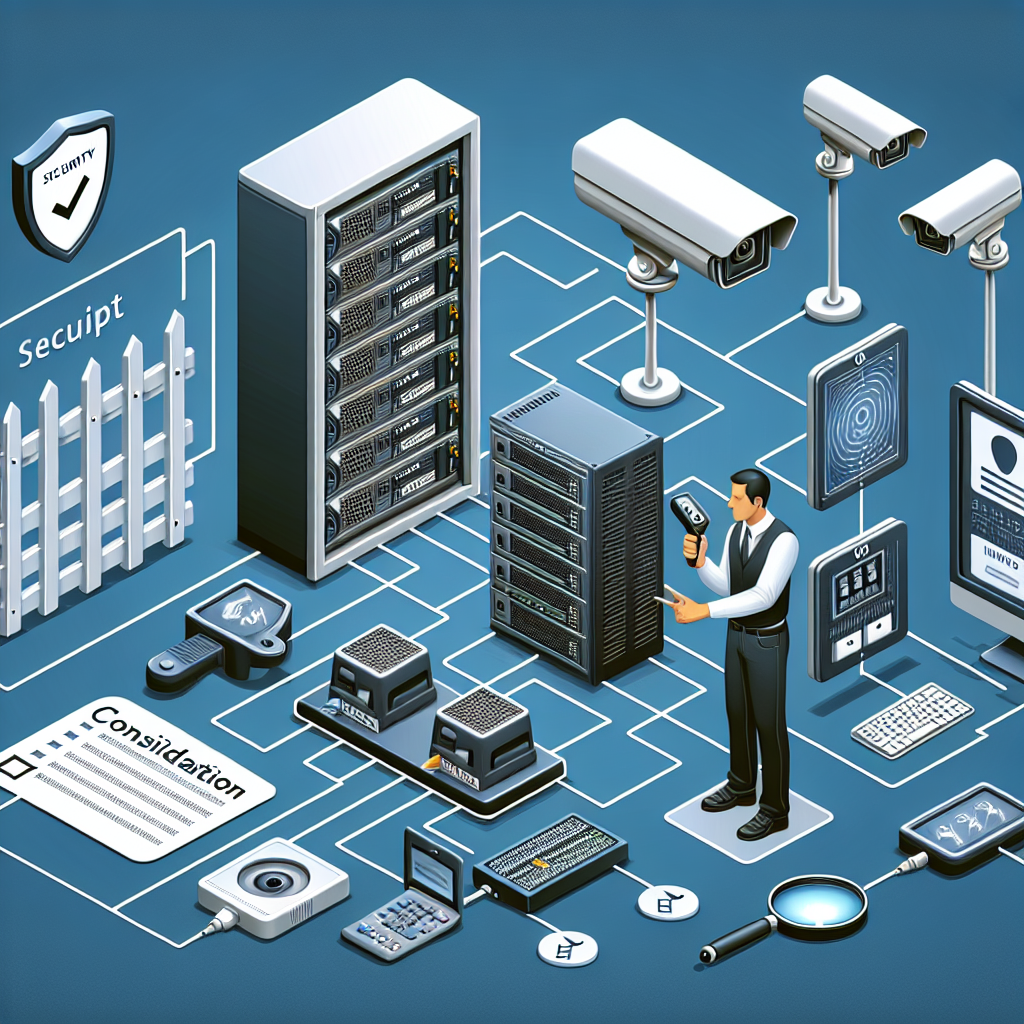Fix today. Protect forever.
Secure your devices with the #1 malware removal and protection software
Data centers are critical components of modern business operations, housing valuable and sensitive data that must be protected from potential threats. With cyberattacks on the rise and data breaches becoming increasingly common, ensuring the security of a data center is paramount. One of the most important aspects of data center security is the implementation of robust security systems that can effectively safeguard the data center and its contents.
Key Components of Data Center Security Systems
Data center security systems are comprised of multiple components working together to provide comprehensive protection. Some of the key components of a data center security system include:
1. Access control systems: Access control systems are used to regulate who can enter the data center and which areas they can access. This can include biometric scanners, keycard readers, and PIN pads to ensure that only authorized personnel are granted entry.
2. Surveillance cameras: Surveillance cameras are essential for monitoring the data center environment and recording any suspicious activity. High-resolution cameras can capture detailed footage that can be used as evidence in the event of a security incident.
3. Intrusion detection systems: Intrusion detection systems are designed to detect unauthorized access attempts and alert security personnel to potential threats. These systems can include sensors, alarms, and monitoring software to identify and respond to security breaches.
4. Fire suppression systems: Data centers are at risk of fire due to the high concentration of electrical equipment and wiring. Fire suppression systems, such as sprinklers and fire extinguishers, are essential for quickly extinguishing fires and minimizing damage to the data center.
Considerations for Data Center Security Systems
When designing a data center security system, there are several important considerations that must be taken into account to ensure optimal protection:
1. Scalability: Data centers are constantly evolving and expanding, so it’s important to choose security systems that can easily scale to accommodate growth. This includes considering the number of access points, surveillance cameras, and other security components that may be needed in the future.
2. Redundancy: Redundancy is crucial for ensuring the continuity of data center operations in the event of a security breach or system failure. This can include backup power supplies, redundant surveillance cameras, and failover systems to prevent downtime and data loss.
3. Compliance: Data centers are subject to strict regulatory requirements, such as HIPAA and GDPR, that govern the handling and protection of sensitive data. It’s important to ensure that the security systems in place are compliant with these regulations to avoid costly fines and penalties.
4. Integration: Data center security systems should be seamlessly integrated with other IT infrastructure components, such as network security systems and monitoring tools, to provide a comprehensive security solution. This can help to streamline security operations and improve overall efficiency.
In conclusion, data center security systems play a critical role in protecting valuable data and ensuring the continuity of business operations. By incorporating key components such as access control systems, surveillance cameras, intrusion detection systems, and fire suppression systems, data center operators can create a robust security infrastructure that effectively safeguards their assets. Additionally, considering factors such as scalability, redundancy, compliance, and integration can help to ensure that the security system meets the unique needs of the data center and provides maximum protection against potential threats.
Fix today. Protect forever.
Secure your devices with the #1 malware removal and protection software

Leave a Reply
You must be logged in to post a comment.